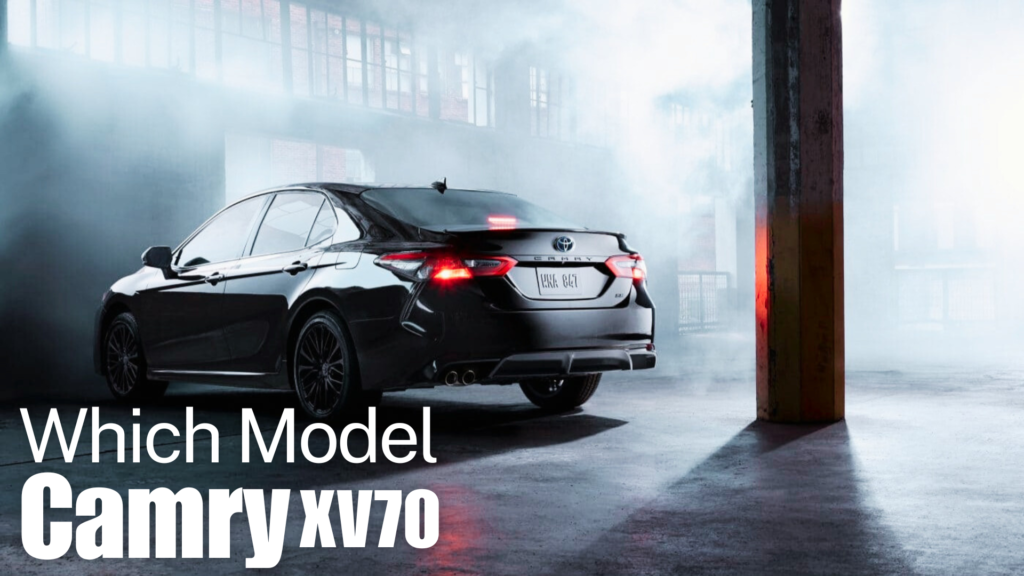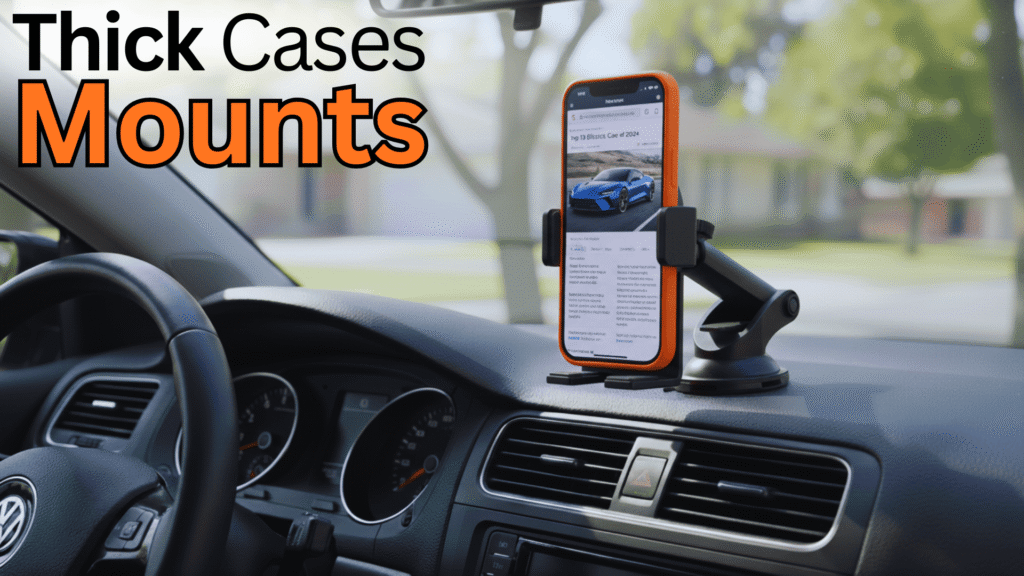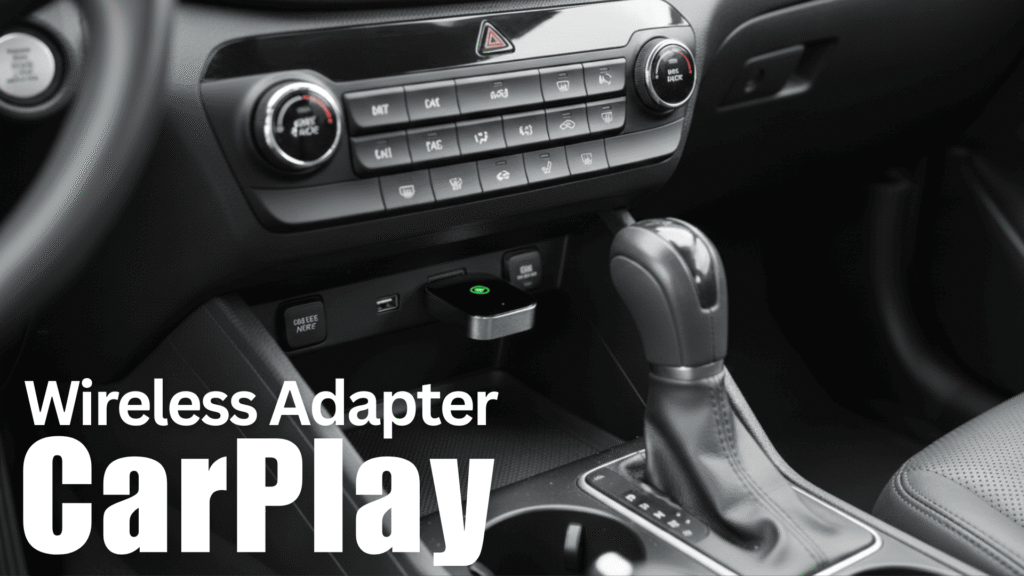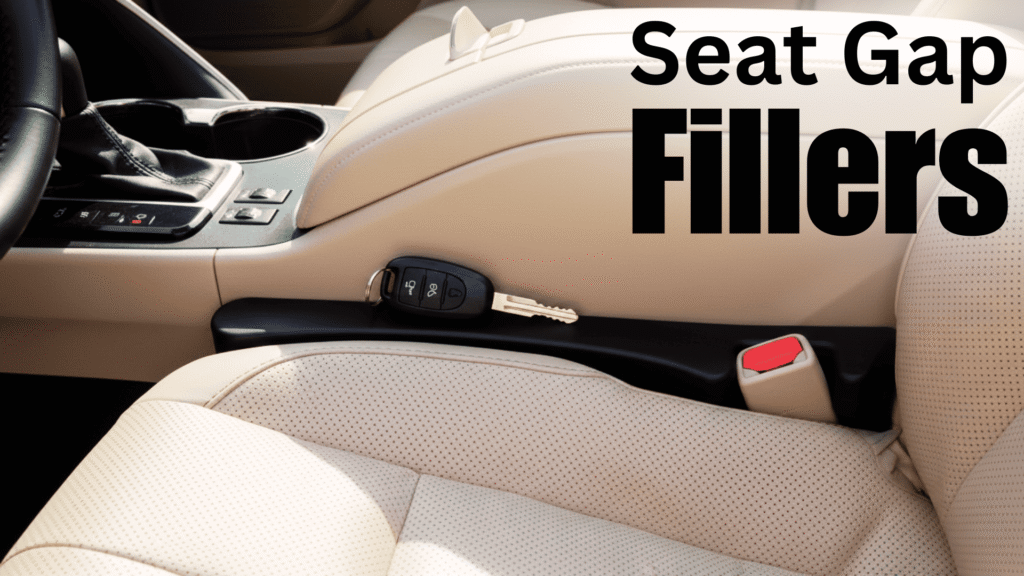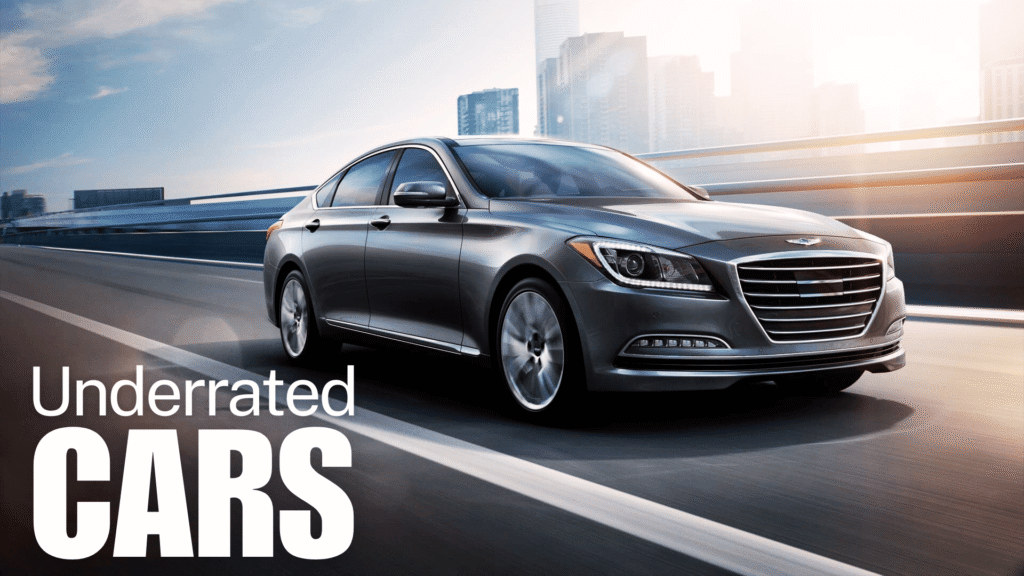Toyota and Nissan are two of Japan’s most recognized automotive brands, each with a rich history, a loyal customer base, and a diverse lineup of vehicles. While both manufacturers have produced some of the most popular cars, SUVs, and trucks worldwide, they differ in areas such as reliability, performance, innovation, and overall value. Lets try o analyze Toyota vs. Nissan across multiple categories. so keep reading and stay tuned
Toyota vs Nissan: Brand Overview
Toyota
- Founded in 1937, Toyota has established itself as the world’s largest automaker in terms of production volume and global presence.
- Known for reliability, high resale value, and fuel efficiency.
- Pioneered hybrid technology with the Toyota Prius, leading in the development of alternative powertrains.
- Consistently ranks at the top in reliability and long-term durability studies.
Nissan
- Founded in 1933, Nissan has built a reputation for innovation, affordability, and performance-oriented models.
- Created the GT-R, one of the most legendary sports cars ever made.
- Offers a strong focus on electric vehicles (EVs), with the Nissan Leaf being one of the world’s best-selling EVs.
- Provides more aggressive styling and sportier driving dynamics in select models.
While both brands are rooted in Japanese engineering excellence, they cater to slightly different markets and buyer preferences.
Reliability & Durability: Which Brand Lasts Longer?
Winner: Toyota
Toyota is known for building vehicles that last decades. Models like the Toyota Corolla, Camry, and Land Cruiser routinely exceed 300,000 miles with proper maintenance.
Nissan, while producing reliable vehicles, has faced quality control concerns in recent years, particularly with their CVT transmissions, which have been prone to premature failure in models like the Altima and Rogue.
Long-Lasting Models:
| Brand | Most Reliable Models | Avg. Lifespan |
|---|---|---|
| Toyota | Corolla, Camry, Land Cruiser, 4Runner | 250,000 – 300,000 miles |
| Nissan | Frontier, Maxima, GT-R | 200,000 – 250,000 miles |
Performance & Driving Experience
Winner: Nissan (for sportier models), Toyota (for balanced performance)
- Toyota prioritizes smooth, efficient driving with a focus on comfort and fuel economy.
- Nissan produces more performance-oriented models, such as the GT-R, 370Z, and Nismo trims.
- Toyota’s TRD Pro lineup (Tacoma, Tundra, 4Runner) caters to off-road enthusiasts.
While Toyota dominates in reliability, Nissan appeals to driving enthusiasts looking for a more engaging ride.
Technology & Innovation
Winner: Toyota (hybrid tech), Nissan (EV innovation)
Toyota leads in hybrid technology with its well-established Toyota Hybrid System (THS) found in models like the Prius, RAV4 Hybrid, and Highlander Hybrid.
Nissan, however, has been a pioneer in electric vehicle (EV) technology, launching the Nissan Leaf back in 2010. Toyota has lagged behind in fully electric vehicles, while Nissan is more committed to EV expansion.
Safety Features & Ratings
Winner: Toyota
Both brands offer advanced safety features, but Toyota Safety Sense (TSS) provides industry-leading driver assistance systems across most models without extra cost.
- Toyota models consistently receive higher IIHS Top Safety Pick+ ratings.
- Nissan’s ProPILOT Assist offers semi-autonomous driving, but its availability is more limited.
Toyota’s commitment to standard safety features makes it the better choice for families and safety-conscious buyers.
Fuel Efficiency & Environmental Impact
Winner: Toyota (hybrids), Nissan (EVs)
Toyota leads the hybrid market, while Nissan dominates in affordable EV options.
Fuel Efficiency Comparison:
| Model | MPG (Combined) |
| Toyota Prius | 58 MPG |
| Toyota Camry Hybrid | 52 MPG |
| Nissan Leaf (EV) | 112 MPGe |
| Nissan Rogue | 30 MPG |
If you prioritize hybrid efficiency, Toyota wins. If you want an affordable EV, Nissan’s Leaf and upcoming Ariya are strong options.
Vehicle Lineup & Best Models
| Category | Best Toyota Model | Best Nissan Model |
| Compact Sedan | Corolla | Sentra |
| Midsize Sedan | Camry | Altima |
| Compact SUV | RAV4 | Rogue |
| Midsize SUV | Highlander | Murano |
| Full-Size SUV | Sequoia | Armada |
| Truck | Tacoma | Frontier |
| Sports Car | Supra | GT-R |
| EV | bZ4X | Leaf |
Toyota covers a broader range of vehicles, while Nissan is more focused on performance and EVs.
Resale Value & Ownership Costs
Winner: Toyota
- Toyota vehicles depreciate slower, holding their value better over time.
- Nissan’s resale value lags, particularly due to CVT reliability concerns.
| Brand | Avg. 5-Year Depreciation |
| Toyota | 40-50% |
| Nissan | 50-60% |
Toyota’s low-cost maintenance and better resale value make it a smarter financial investment.
Toyota vs Nissan: Which Is the Better Buy?
| Category | Winner |
| Reliability | Toyota |
| Performance | Nissan (sports cars) |
| Technology | Toyota (hybrids), Nissan (EVs) |
| Safety | Toyota |
| Fuel Efficiency | Toyota (gas/hybrid), Nissan (EVs) |
| Resale Value | Toyota |
If you want bulletproof reliability, resale value, and strong hybrid options, Toyota is the clear winner.
If you prefer performance-focused models and EVs, Nissan might be the better choice.
Final Verdict & Expert Recommendations
- Best for Reliability & Resale Value: Toyota
- Best for Performance & EV Innovation: Nissan
- Best for Families: Toyota
- Best for Driving Enthusiasts: Nissan
Ultimately, Toyota is the best all-around choice, but Nissan caters to buyers who prioritize sporty driving, affordability, and EV advancements.
If you’re curious about why Nissan’s reliability seems to have dropped a bit compared to other Japanese brands, check out this article titled “Nissan Reliability Overthrow: Here Is What Happened.” You can also explore our site for detailed car reviews, solid buying tips, and the latest news in the industry. Take your time to browse around, and don’t forget to bookmark our homepage so you can stay updated later on!
- Best Car Interior Cleaning Kits: Make Your Cabin Look New
- Which XV70 Camry Year Should You Buy? A Tested Guide
- Magnetic Phone Mounts & Mounts for Thick Cases: That Actually Work!
- Best Wireless CarPlay Adapters for Older Cars
- Best Seat Gap Fillers for Leather Seats
- The Most Underrated Cars — Hidden Gems You Should Actually Consider
*Disclaimer: This website provides automotive content for informational purposes only and should not be considered professional advice. While we strive for accuracy, we do not guarantee the reliability or suitability of any vehicle or product mentioned—always conduct your own research before making purchasing decisions. Additionally, some links on this site are affiliate links, meaning we may earn a commission if you make a purchase, at no extra cost to you.



